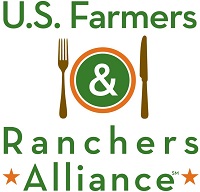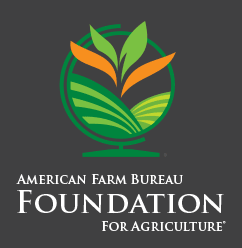 Antimicrobial stewardship is of vital interest to the livestock industry. That’s why our friends at Farm Foundation will hold a free, national summit highlighting policy, education and economic issues surrounding the stewardship of antimicrobial drug use in food-producing animals Jan. 20-21, 2016, in Washington, D.C.
Antimicrobial stewardship is of vital interest to the livestock industry. That’s why our friends at Farm Foundation will hold a free, national summit highlighting policy, education and economic issues surrounding the stewardship of antimicrobial drug use in food-producing animals Jan. 20-21, 2016, in Washington, D.C.
A collaboration of Farm Foundation, NFP, the Association of Public and Land-grant Universities (APLU), the Association of American Veterinary Medicine Colleges (AAVMC) and USDA’s Economic Research Service (ERS), this summit will highlight the diverse issues involved in antimicrobial stewardship. Targeted to livestock producers, feed suppliers, veterinarians, academics and government agency staff, the summit is an opportunity to advance the conversation on the industry’s adaptation to the changing landscape of antimicrobial drug use.
The summit will include a report of findings compiled by Farm Foundation after conducting 12 workshops across the nation on new policies issued by the U.S. Food and Drug Administration (FDA) on use of antimicrobial drugs in food-producing animals. The workshops were an opportunity for livestock producers, veterinarians and feed suppliers to broaden their understanding of the new policies, and for producers, veterinarians and feed suppliers to give feedback to FDA and USDA’s Animal and Plant Health Inspection Service on the management challenges of the policy implementation. Sessions will focus on next steps for strengthening the judicious use of antimicrobial drugs in food-producing animals.
The summit will also focus on how agriculture and the animal health community can be full partners with the human medical community in a fully integrated national action plan to reduce and mitigate antibiotic resistance. The basis of these discussions is a report, Addressing Antibiotic Resistance, issued in October 2015 by a joint task force of APLU and AAVMC.
Featured speakers include several federal agencies and producer groups, including USDA and the National Pork Producers Council.
More information is available here.









